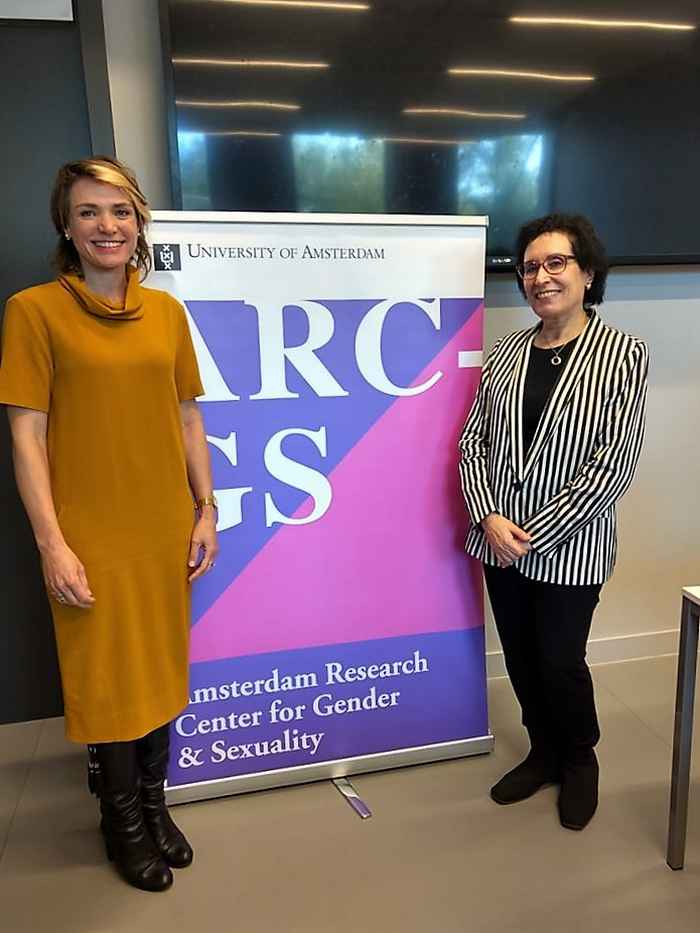“Impact of Daesh Ideology on Women’s Rights in North Africa” Lecture by Professor Fatima Sadiqi (University of Fez, Morocco)
By Simone Schneider
While Daesh (also known as the Islamic State of Iraq and the Levant, ISIS and ISIL) loses territory in enduring military battles, its ideology continues to exert influence and spread through various regions, such as North Africa. In her lecture Prof Sadiqi explained how adolescents and young adults in Morocco engage and deal with Daesh ideology and how this engagement is representative of larger dynamics and patterns currently taking place in the region.
